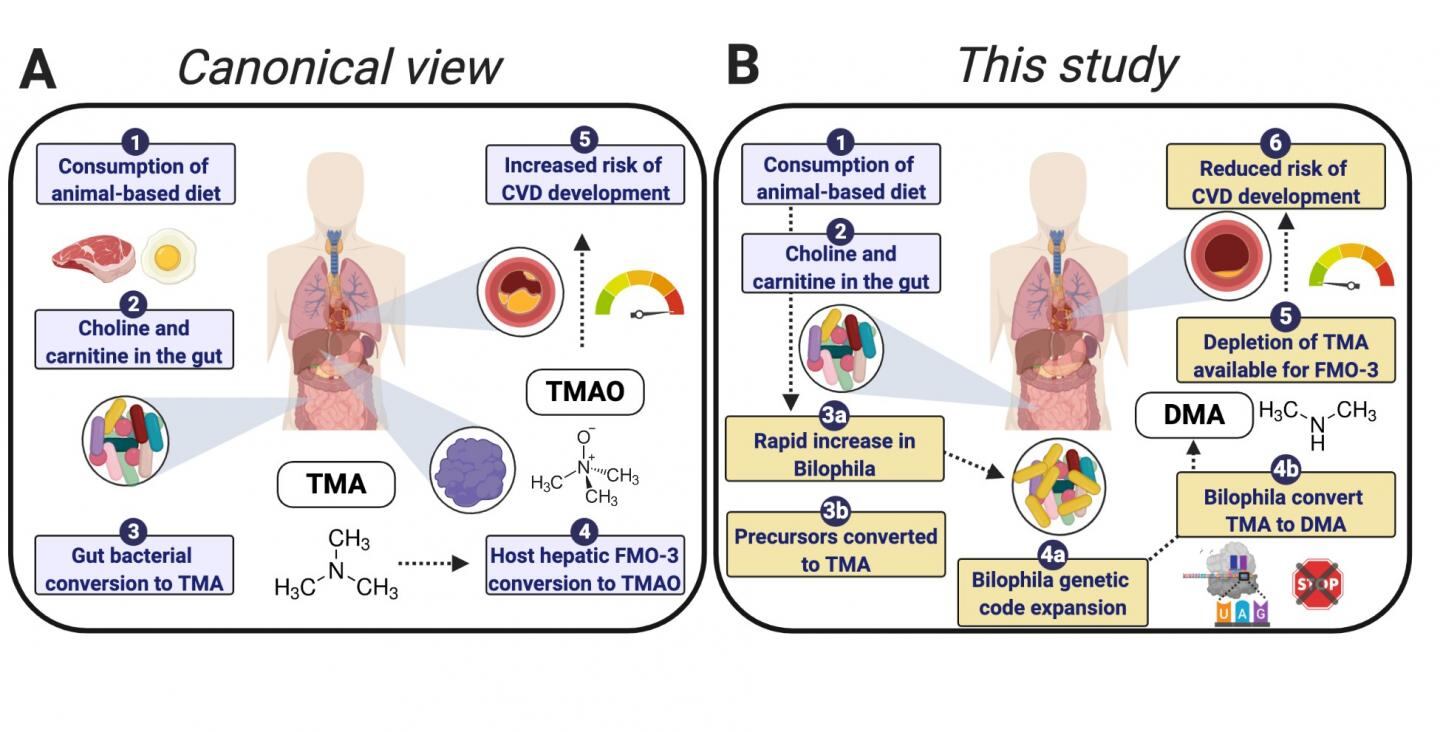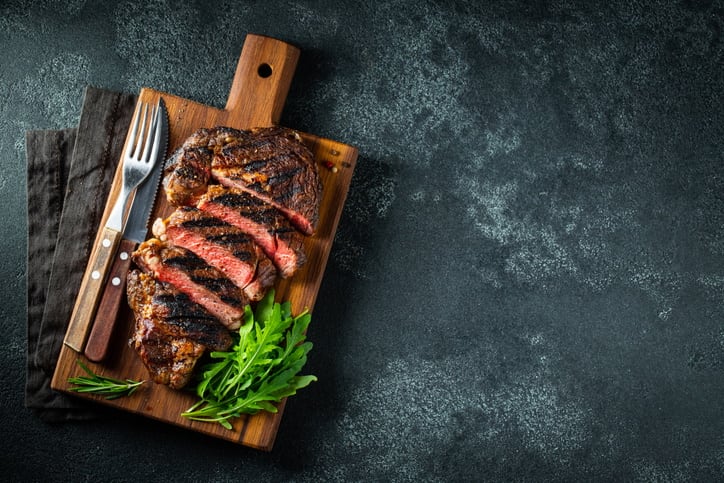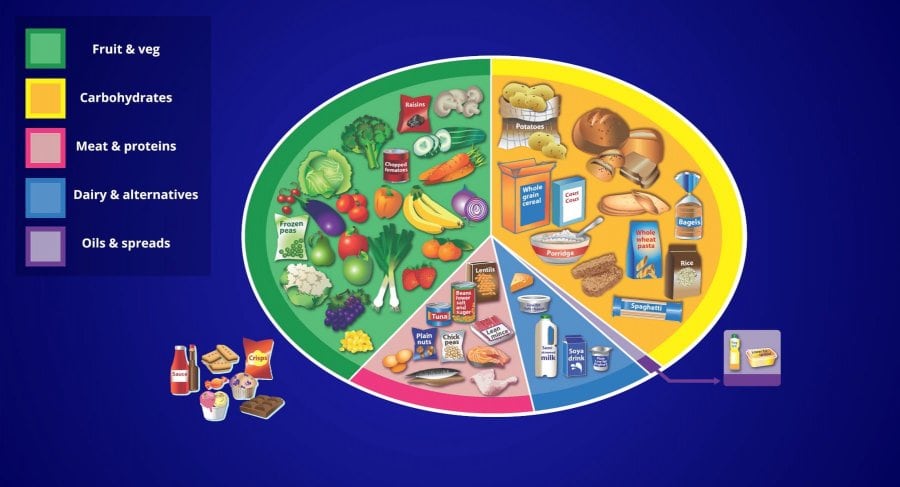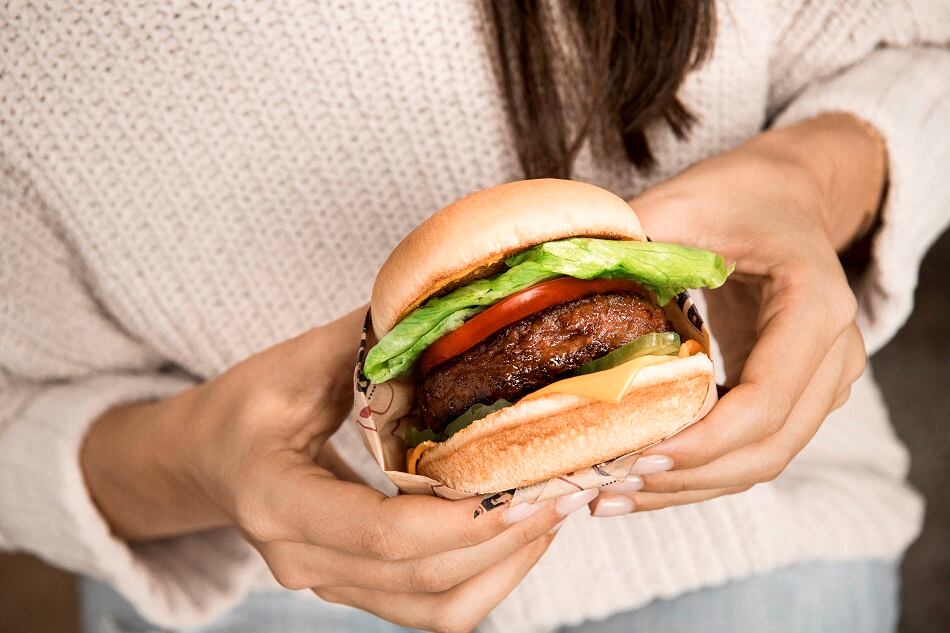Diets heavy in animal-based foods are a major source of TMA – trimethylamine – which is converted into the liver into another compound, TMAO – or trimethylamine-N-oxide - a type of common gut bacteria sometimes associated with inflammation, which can promote the buildup of fatty plaque in arteries.
"The connection between TMAO and cardiovascular disease has tended to focus the conversation on how animal-based diets cause negative health consequences," explained Veronika Kivenson, the lead author of a study that questions this conclusion.
Kivenson, a postdoctoral fellow in the OSU College of Science, explained that the new study – published in mSystems – suggests a different series of biological processes were at play.
"But in analysing data from foundational gut microbiome studies, we uncovered evidence that one type of bacteria associated with meat consumption can take the TMA, as well as precursors to TMA, and metabolise them without producing any TMAO. That means those bacteria are in effect severing a key link in the cardiovascular disease chain."
The bacteria are of the Bilophila genus and evidence suggests an expanded genetic code enables their metabolism, via a demethylation pathway, to avoid making TMAO. Furthermore, Kivenson said, research shows animal-based diets cause a rapid increase in Bilophila in the gut.

Probiotic treatment routes?
"The organisms in your stomach have been shown to affect the development of myriad disease states," said co-author Steve Giovannoni, professor of microbiology at OSU. "But the mechanisms - what is actually happening behind the connections among diet, health and microbiota - have generally been hard to pin down. More research into Bilophila cell biology and ecology is needed, but our study presents a clearly defined mechanism with potential for a big impact on human health."
Bilophila is a gram-negative anaerobic rod that's classified as a pathobiont - an organism that normally has a symbiotic relationship with its host but can become disease-causing under certain circumstances. It's commonly present in the microbiomes of people who are healthy.
"The data we reviewed show significantly more Bilophila in the microbiomes of healthy people compared to those with cardiovascular disease, and that Bilophila numbers go up in response to a diet based on meat compared to a plant-based diet," Kivenson said.
"Our findings suggest Bilophila's role in the microbiome and human health might depend on the specific context and that their potential as a probiotic that mitigates animal products' role in heart disease should be studied further."
The findings underline the importance that the microbiome plays in health and the researchers believe suggest the possibility of probiotic treatments for atherosclerosis, the dangerous build-up of fats, cholesterol and other substances in arteries that cause strokes and heart attacks. Atherosclerosis risk is linked to smoking, diet, age and a range of genetic causes.
Source
Gut bacteria associated with animal-based diet may mitigate risk of cardiovascular disease
mSystems
Authors: Veronika Kivenson, Steve Giovannoni




